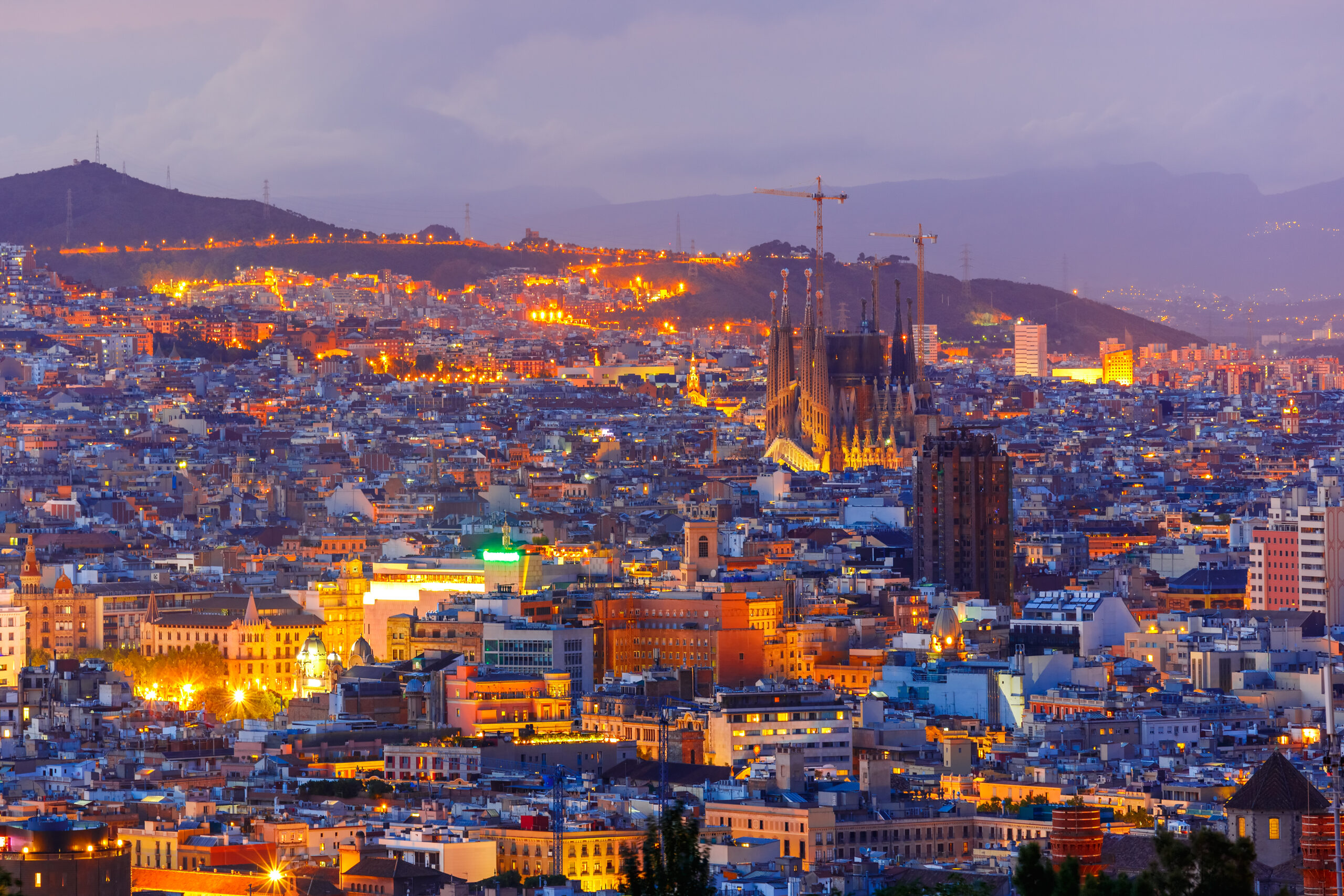Tourism is a vital sector in the economy of Barcelona, a city that stands out for its rich culture, majestic architecture and natural attractions. Although tourism is largely beneficial, it also has an impact on the local real estate market. Let’s see how this manifests itself in various aspects.
Price Inflation
Boom in Tourist Accommodations
The constant flow of tourists has fostered a boom in the demand for tourist accommodations. Landlords have seen lucrative opportunities in short-term rentals, which, in turn, has inflated property prices in popular tourist areas.
Real Estate Speculation
The interest of investors, both local and foreign, in properties located in areas with a high tourist influx has intensified real estate speculation, leading to an escalation in real estate prices.
Changes in the Residential Structure
Displacement of Local Residents
The increase in housing prices has generated a phenomenon of displacement of local residents, who are forced to move to more affordable peripheral areas, thus altering the traditional residential structure of the city.
Neighborhood Transformation
Traditional neighborhoods have undergone a significant transformation, with a proliferation of tourist-oriented establishments, altering the character and socioeconomic composition of these areas.
Infrastructure Development
Renovations and Restorations
Tourism has led to the renovation and restoration of many buildings and public spaces, contributing to the preservation of the city’s architectural and cultural heritage, as well as to the development of modern infrastructure.
Sustainable Innovations
With the growing awareness of sustainability, many new real estate developments are incorporating green technologies and designed to be more sustainable, catering to a tourism demand that is increasingly conscious of its impact on the environment.
Opportunities and Challenges
Attractive for Investors
The tourist boom has made Barcelona an attractive destination for real estate investors, generating a constant flow of investment that has led to the development of luxurious and modern real estate projects.
Stricter Regulations
The local government has implemented stricter regulations to control the impact of tourism on the real estate market, including restrictions on short-term rentals and measures to promote affordable housing.
Conclusion
The impact of tourism on Barcelona’s real estate market is considerable, leading to price inflation, changes in the residential structure and a boost in innovation and infrastructural development. Although it presents significant challenges, it has also brought opportunities for urban renewal and economic growth. The key to maintaining a healthy balance will be careful management that can balance the needs of tourists, local residents and real estate investors.




